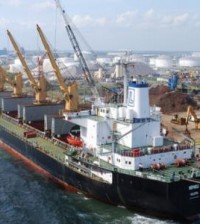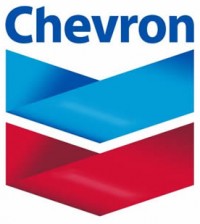Shareholders delay kick-off of NLNG’s Train Seven project
NIGERIA Liquified Natural Gas Limited (NLNG) has attributed the delay in the kick-off of Train-Seven LNG project to the inability of the company’s shareholders to take the Final Investment Decision (FID).
According to the company in its “2013 Facts and Figures on NLNG” made available to The Guardian, plans were at advanced stage to build Train Seven NLG project that would lift its total gas production capacity from the current 22 metric tones per annum (MTPA) of LNG to 30 mtpa.
It stated that the company was currently progressing with some preliminary early site preparation work on the Train Seven project, but the project take off would be determined by how early the shareholders take the FID.
According to the company, the project is expected to advance to the next stage as soon as the shareholders make the Final Investment Decision (FDI).
It added: “Six trains are currently operational, the entire complex is capable of producing 22 MTPA of LNG and five MTPA of LPG and condensates from 3.5 billion standard cubic feet per day (bcf/d) natural gas intake.
“The plant has rapidly and successfully made the transition from a construction project to a stable production operation, with relentless focus on operational excellence, de-bottlenecking and regular Turn-Around Maintenance (TAM) of the assets whilst imbibing proven techniques and processes to maximize production, and manage human interferences and impacts.
The company described the NLNG six-train complex as the biggest gas consumer and exporter in Nigeria with its current daily consumption of 3.5 bcf/d
“All these activities are underpinned by a Health, Safety, Security and Environment (HSSE) culture that continually seeks improvements in our approach, safety and sustainable utilization of our assets.
“The government aims to eliminate all flaring of gas associated with the production of oil, and NLNG continues to play a significant part in reducing gas flaring. Between 1999 and 2012, NLNG has converted about 3.3 Tcf of associated gas to export, which would have been flared. NLNG, with its 6-Train LNG complex, would be reducing gas flaring in the country. Other demands on the use of Nigeria’s gas are domestic power generation, domestic utilities and industry, as well as export gas projects such as the West African Gas Pipeline Company (WAGPco) and potentially other future LNG projects”, the report stated.
It added that the company has concluded plan to build six new vessels between 2013 and 2016 with $308 million (N80 billion).
It said that the financing has being arranged in two programme of $308 million six-year additional programme debt and a $1.1 million 12-year new vessel debt, explaining that the additional programme debt was indebtedness under the 2006 vessel financing arrangement while the new vessel debt was a fresh facility with several international banks as lenders.
( Guardian )








